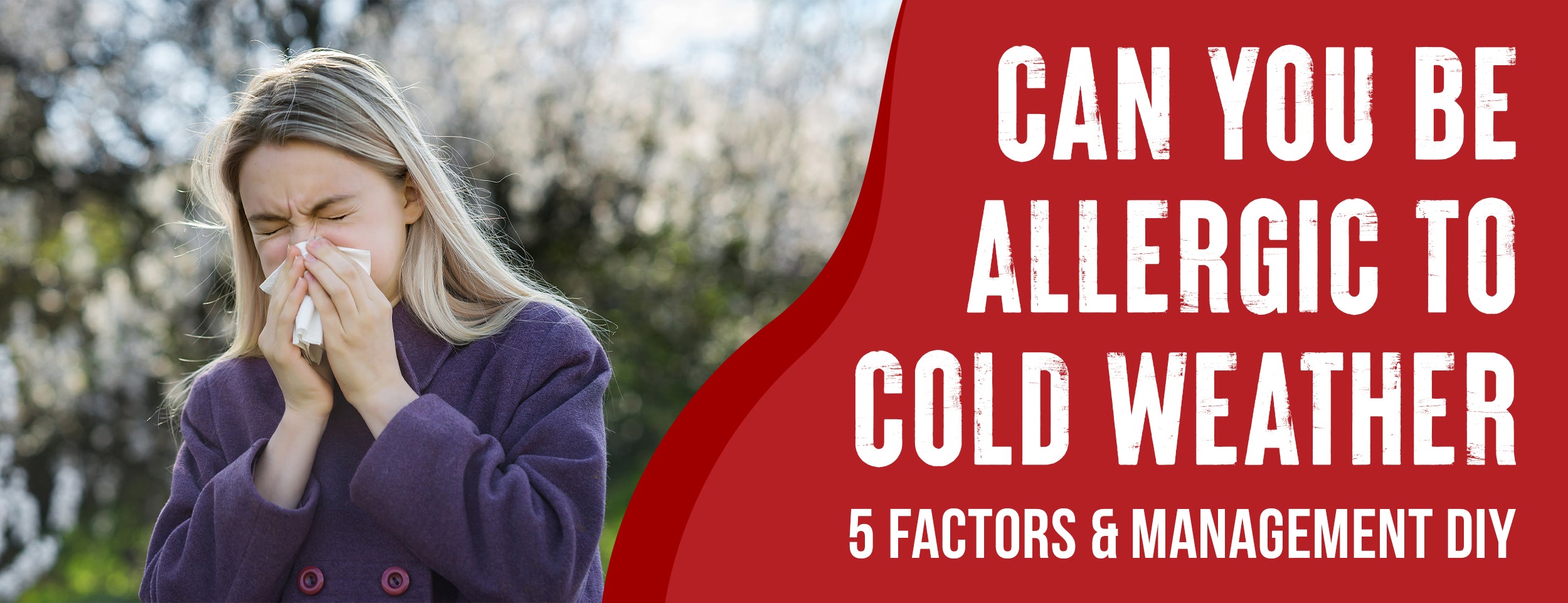A cockroach allergy is caused by proteins in the saliva, droppings, or body parts of roaches, leading to mild irritation or more serious allergic reactions. The most common allergen comes from cockroaches' feces, which contain chitinase proteins that can trigger allergies if ingested or inhaled directly.
Cockroach allergies can cause postnasal drip, itchy, red, or watery eyes, sneezing, and runny nose. These symptoms can be uncomfortable and disruptive.
In this blog post, we will explain different cockroach allergy symptoms, allergy treatment options for cockroaches, and prevention of cockroach allergies.
What Are the Symptoms of Cockroach Allergy: 8 Different Types
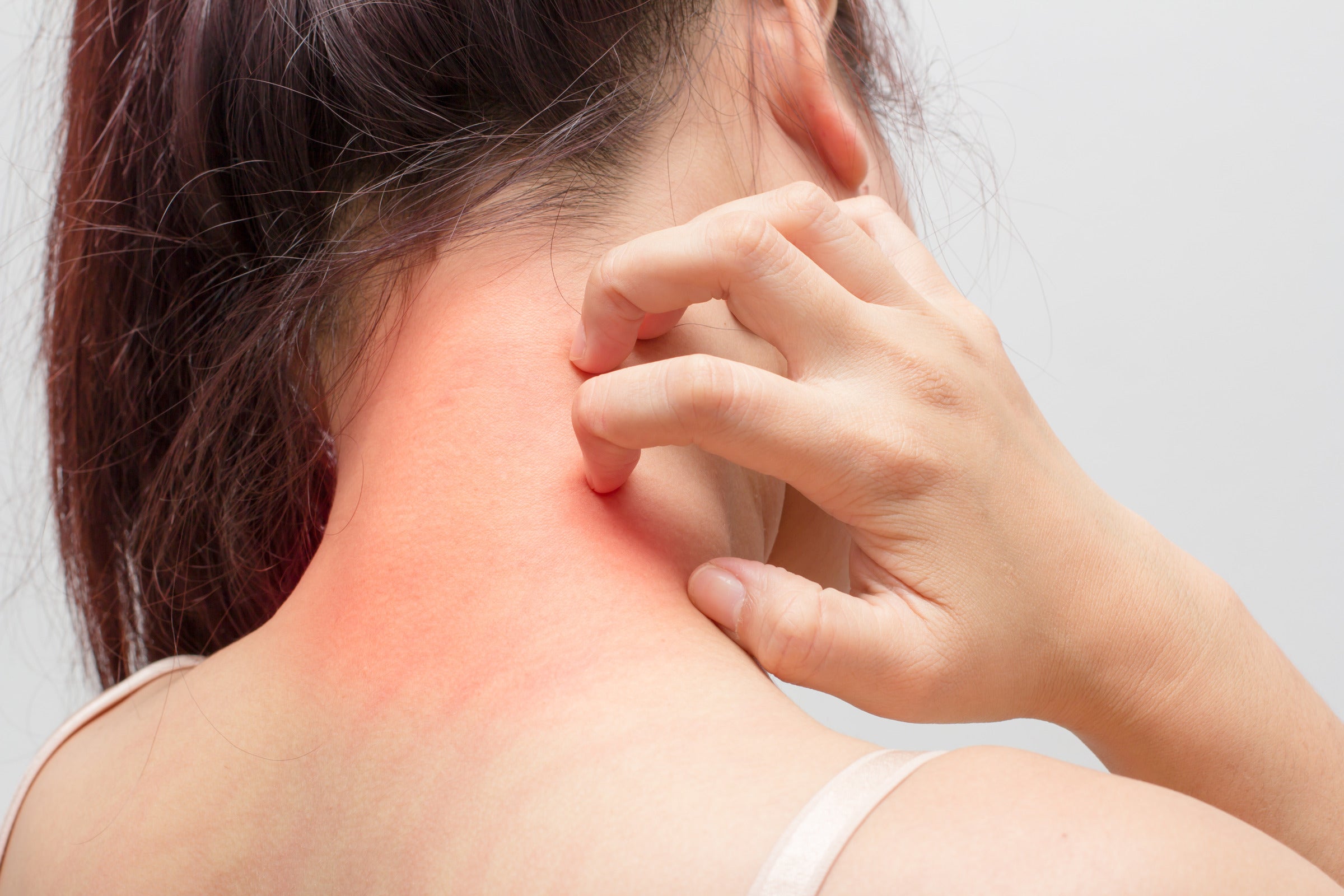
Cockroaches are more than just a nuisance in the home. They can also be a source of allergens that trigger allergic reactions in susceptible people. These allergies can manifest in various ways, affecting different body parts. Here are some symptoms of cockroach allergy.
- Sneezing: This is one of the most common symptoms of many types of allergies, including cockroach allergy. If you sneeze frequently without known triggers like dust or pollen, it could be because of a cockroach allergy.
- Runny Nose: An overproduction of mucus causes a runny nose, another typical symptom of allergies. This response is your body trying to flush out the allergens.
- Itchy, Red, or Watery Eyes: These symptoms are your body's reactions to the allergens entering your eyes. The itching is caused by histamines, substances your immune system secretes when you're allergic.
- Stuffy Nose: This symptom is caused by inflammation and swelling of the nasal passages, making breathing through the nose difficult.
- Itchy Nose, Mouth, or Throat: This is another body's response to allergens. Itching can occur in the nose, mouth, throat, or all three.
- Postnasal Drip: This symptom occurs when excess mucus from the nasal passages drips down the back of the throat. This can cause coughing, a sore throat, and a husky voice.
- Cough: Consistent coughing might mean cockroach allergy. The cough is usually dry and is caused by irritation caused by allergens in the respiratory tract.
- Skin Rash: Some people with cockroach allergy may develop a rash. This can appear as red, itchy bumps or patches.
- Nasal Congestion is a feeling of fullness or pressure in the nose due to swollen nasal passages. Breathing through the nose can be painful.
- Ear Infection: A cockroach allergy can sometimes lead to an ear infection. This happens when the Eustachian tubes, which connect the middle ear to the back of the nose, become blocked with mucus, allowing bacteria to grow.
- Sinus Infection: Chronic sinus infections can also show a cockroach allergy. The inflammation and swelling of the sinuses promote bacterial growth, causing an infection.

Cockroach Allergy and Asthma
If you have asthma, a cockroach allergy causes your muscles to tighten, leading to an asthma attack. Symptoms of an asthma attack include:
- Chest Tightness, Pain, or Pressure: During an asthma attack, you may feel a tightness, pain, or pressure in your chest. This is because of the constriction of the airways.
- Shortness of Breath (Dyspnea): This symptom is from the narrowing of the lungs, making it difficult for air to move in and out of the lungs.
- Wheezing: A high-pitched whistling sound during breathing. It is caused by the narrowing of the airways and increased mucus production.
Treatment Options for Cockroach Allergy
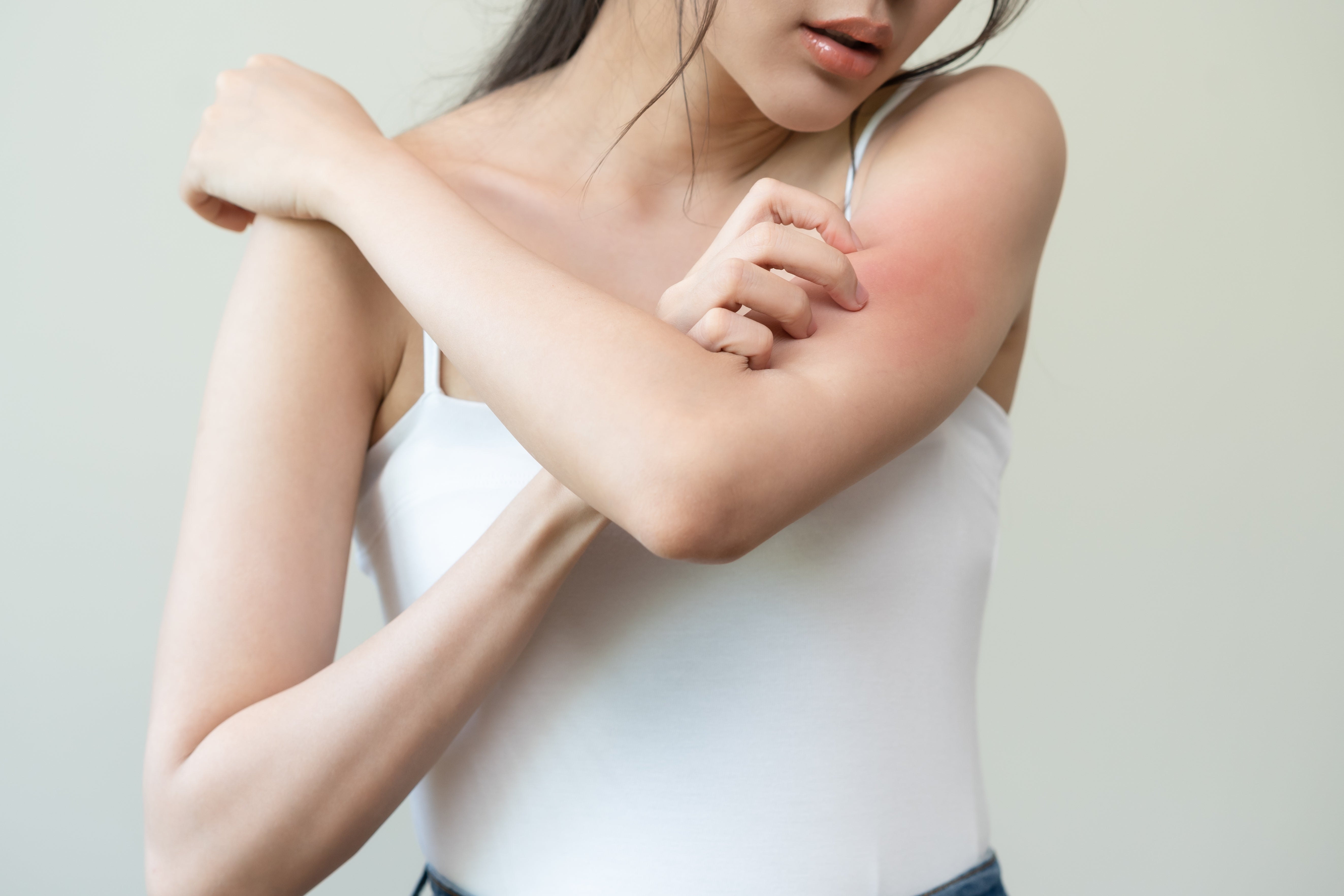
Cockroach allergy can cause uncomfortable symptoms and affect your quality of life. Fortunately, several treatments can help manage these symptoms. Here are some common cockroach allergy medications and preventive measures.
Medications for Cockroach Allergies
For those struggling with cockroach allergies, an allergist might recommend or prescribe the following medications:

- Antihistamines: These medications block histamine, a substance that triggers allergic reactions. Antihistamines can help you eliminate itching, sneezing, itchy eyes, and a runny nose.
- Nasal Corticosteroids: These sprays reduce inflammation and nasal congestion and can also help treat itchy eyes.
- Decongestants: These medications provide temporary relief from a stuffy nose. However, they should be used only for short periods.
- Leukotriene Receptor Antagonists and Cromolyn Sodium: These medications can help control allergic reactions by blocking specific responses in the body.
- Allergy Shots (Immunotherapy): Regular allergy shots can train your immune system to tolerate cockroach allergens, improving symptoms.
- Cover Trash Cans Tightly: Ensure all your garbage cans have tight-fitting lids. This will prevent cockroaches from accessing the waste and breeding there.
Tips For Preventing Cockroach Allergies

Prevention is vital for managing cockroach allergies. Here are some tips to help you avoid exposure to cockroaches and their allergens:
- Maintain Cleanliness: Regularly clean your kitchen floors, sinks, counters, and stoves. Avoid piles of newspapers, laundry, magazines, and dirty dishes that attract cockroaches.
- Seal Food Containers and Garbage Cans: Cockroaches are attracted to food, so keeping food containers and garbage cans sealed is essential.
- Fix Leaks: Repairing any leaks can prevent cockroaches from accessing water.
- Consult a Pest Control Company or Exterminator: If you're having trouble controlling cockroaches in your home, hire a professional pest control company.
- Seal Cracks in Walls and Floors: Cockroaches can slip through tiny cracks and crevices. Sealing these potential entry points can prevent them from getting into your home.
- Vacuum and Mop Floors Regularly: Regular vacuuming and mopping can help eliminate cockroach droppings and skin, which can trigger allergic reactions.

Conclusion
Cockroach allergies can make life uncomfortable; however, they're manageable with the correct information, medications, and preventive measures. Remember, cleanliness is critical. A clean home dramatically reduces cockroaches and their allergens.
Regular medical consultation and over-the-counter or prescribed medications can help manage the symptoms. So, quit the sneezing and itching. It's time to send those pesky roaches packing and revive the joy of a comfortable, roach-free life.



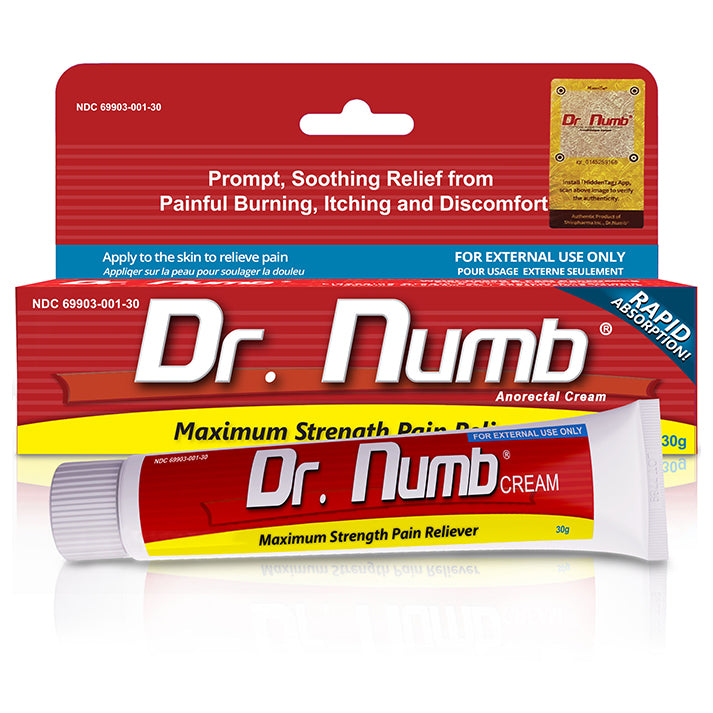





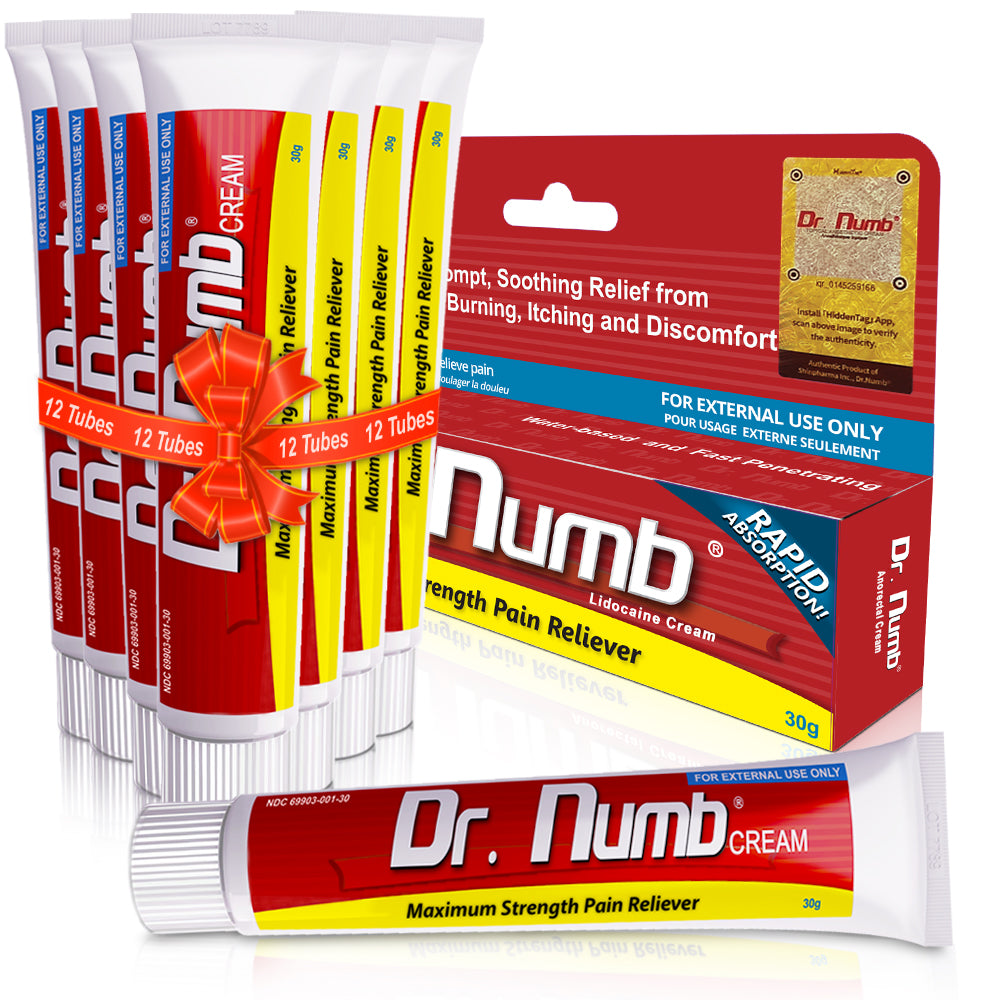





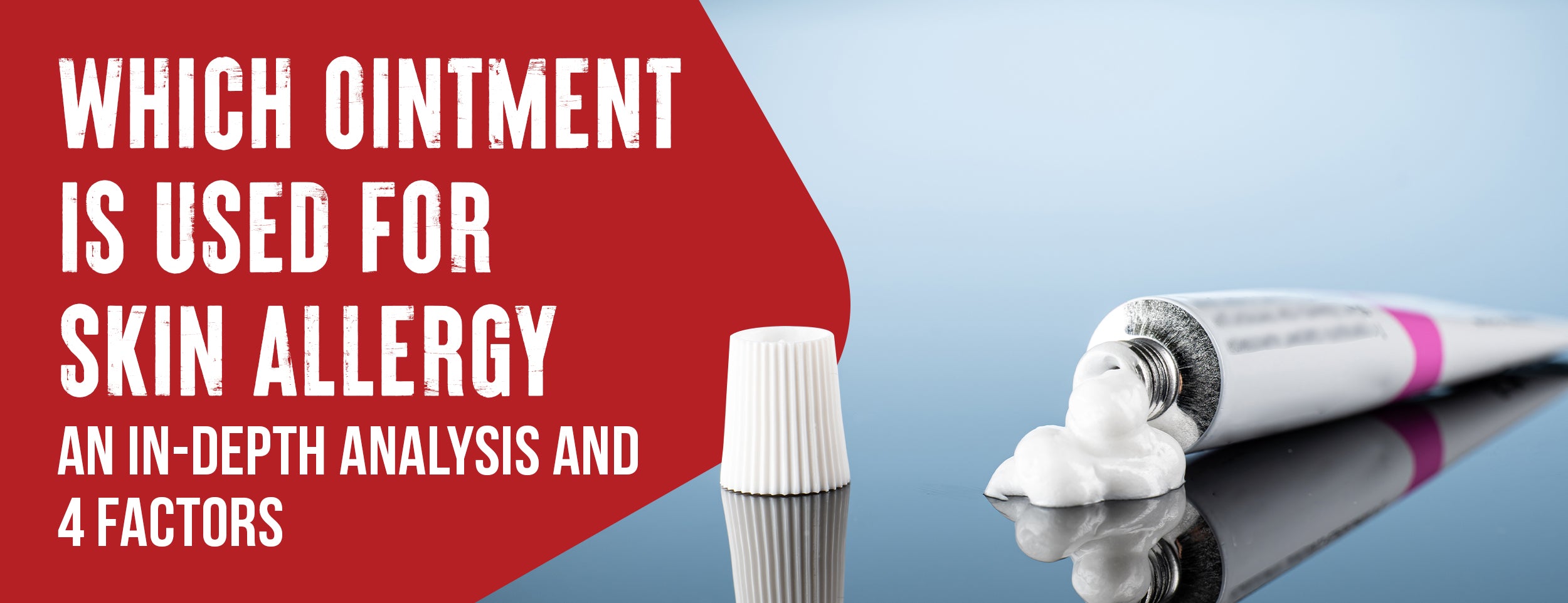
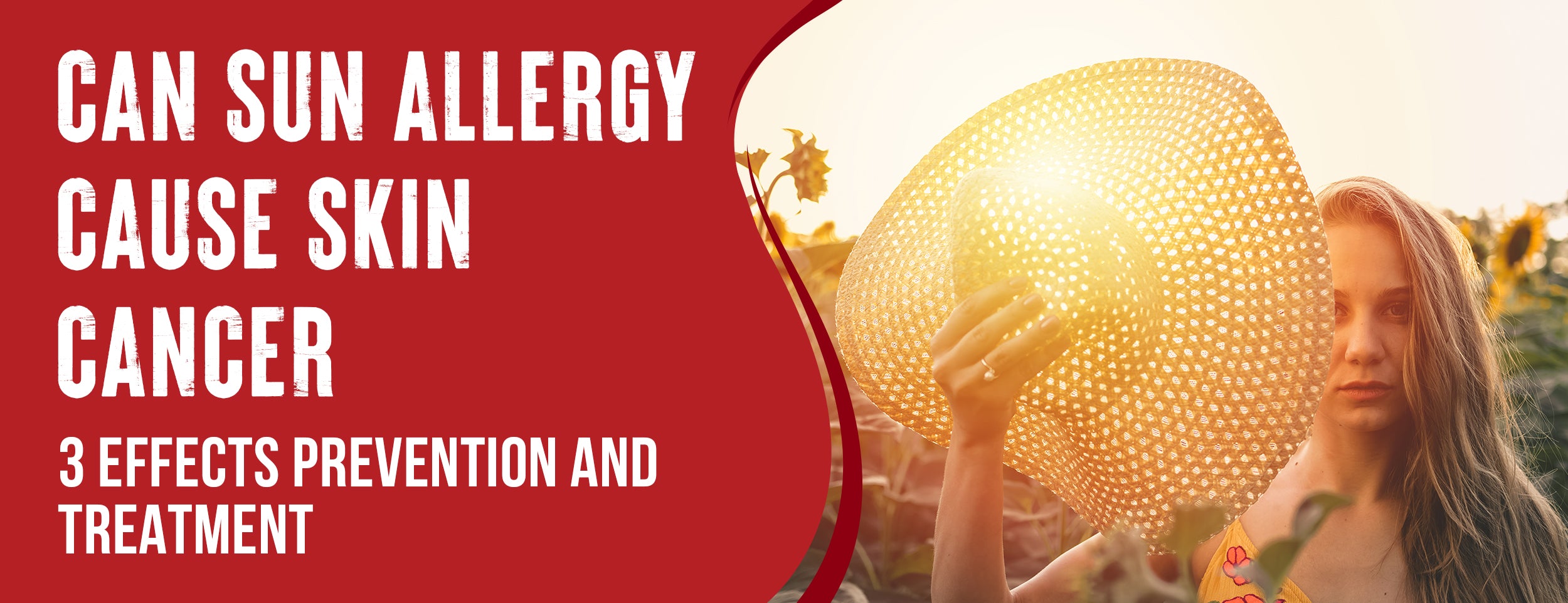
![The Most Common Food Allergies That Cause Itchy Skin [6 Common Symptoms]](http://drnumb.com/cdn/shop/articles/Can_Food_Allergies_Cause_Itchy_Skin__17_Listed_6_Symptoms_Common.jpg?v=1714999986)
